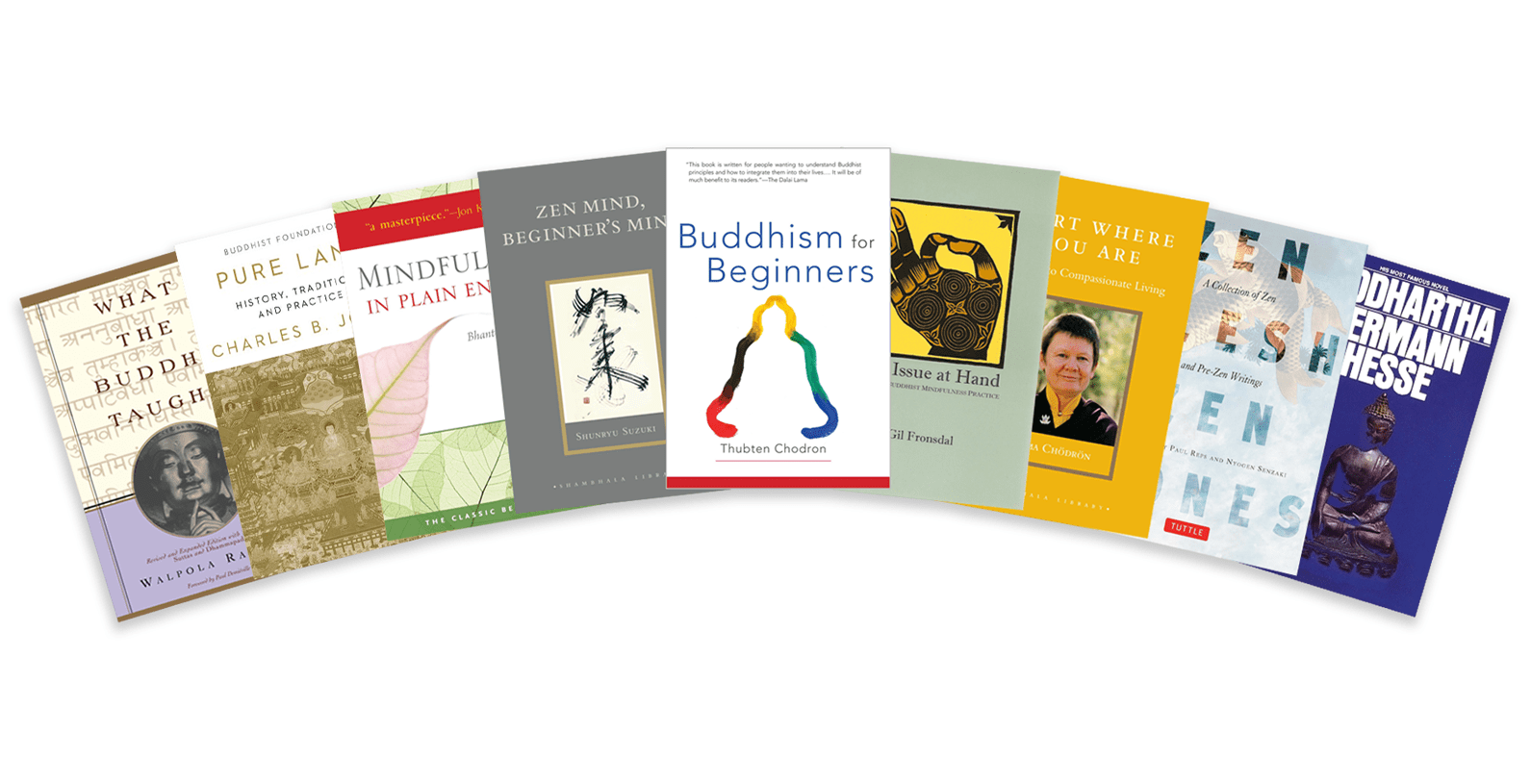Zen Buddhism emphasizes living in the present and cultivating mindfulness for inner peace. This philosophy offers ten mindful practices that can help us live a more mindful and fulfilling life. These include performing one task at a time, eating mindfully, meditating regularly, letting go of attachments, practicing gratitude, cultivating compassion, practicing mindful walking, embracing impermanence, developing self-awareness, and being mindful in daily activities. By incorporating these practices into our daily lives, we can enhance our well-being and experience a greater sense of contentment and joy.
Ten Mindful Practices from Zen Buddhism
Zen Buddhism is a philosophy and a way of life that emphasizes living in the present and cultivating mindfulness. At the core of this practice lies the idea of finding inner peace by letting go of attachments and being fully present in the moment. Here are ten mindful practices from Zen Buddhism that can help us live a more mindful and fulfilling life.
1. Perform One Task at a Time
Multitasking has become a way of life for most of us. In the quest to achieve more in less time, we end up being busy but not productive. Zen Buddhism teaches us to focus on one task at a time and put our full attention to it. By doing so, we can improve our concentration and efficiency and also experience a sense of calm.
2. Eat Mindfully
Eating can be a mindful activity when done with awareness. In Zen Buddhism, the ritual of eating is observed with great respect and attention. Before eating, take a moment to express gratitude for the food and appreciate the effort that went into preparing it. Chew slowly and savor each bite, paying attention to the texture, flavor, and aroma of the food.
3. Meditate Regularly
Meditation is a cornerstone of Zen Buddhism. It involves sitting in silence and focusing on one’s breath or a mantra. Regular meditation can help reduce stress, improve concentration, and enhance overall well-being. Even a few minutes of meditation a day can make a significant difference in how we experience our lives.
4. Let Go of Attachments
The concept of non-attachment is central to Zen Buddhism. It teaches us to let go of our attachment to things, people, and outcomes. By doing so, we can free ourselves from the burden of expectations and live in the present moment. Letting go of attachments can be challenging, but it is a powerful way to cultivate inner peace and contentment.
5. Practice Gratitude
Gratitude is a powerful practice that can transform our lives. Taking the time to appreciate what we have and express gratitude for it can help us feel more positive and content. In Zen Buddhism, gratitude is observed through various rituals, such as bowing to oneself and others to show respect and appreciation.
6. Cultivate Compassion
Compassion is at the heart of Zen Buddhism. It involves having empathy and understanding for others and their suffering. Cultivating compassion can help us develop a deeper sense of connection with ourselves and others. It also helps us develop a more positive and caring outlook on life.
7. Practice Mindful Walking
Walking can be a meditative practice when done with awareness. In Zen Buddhism, mindful walking involves being fully present in each step and observing the sensations in the body as we move. Mindful walking can be a way to connect with nature and cultivate inner peace.
8. Embrace Impermanence
Everything in life is impermanent, and Zen Buddhism teaches us to accept this reality. Rather than clinging to things that are transient, we can learn to appreciate the beauty in every moment and enjoy life as it unfolds. Embracing impermanence can help us let go of fear and anxiety and live with greater ease.
9. Develop Self-Awareness
Self-awareness is a critical aspect of Zen Buddhism. It involves observing our thoughts, emotions, and behavior without judgment. Through self-awareness, we can become more conscious of our habits and tendencies and make positive changes in our lives.
10. Be Mindful in Daily Activities
Mindfulness is not just a practice to be done on the meditation cushion; it can be incorporated into our daily activities. In Zen Buddhism, daily activities such as washing dishes, sweeping floors, or making tea are performed with mindfulness and attention. By doing so, we can transform mundane activities into meaningful and enriching experiences.
In conclusion, Zen Buddhism offers a path to living a more mindful and fulfilling life. By incorporating these ten mindful practices into our daily lives, we can cultivate inner peace, improve our relationships with others, and experience a greater sense of contentment and joy.
